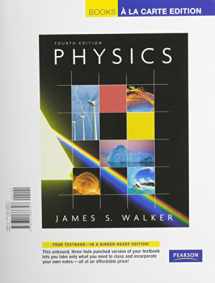
AAUSC 2010: Critical and Intercultural Theory and Language Pedagogy (AAUSC Series)
Book details
Summary
Description
Critical theory, intercultural theory, critical pedagogy, and complexity theory: all of these and others have yet to penetrate the shell of foreign-language pedagogy in a systematic way. The field remains concerned primarily--and understandably--with the instrumental demands of facilitating the skills of speaking, listening, reading, and writing. It is often argued that practice is theory-light and theory is practice-light. Consequently, it has proven notoriously difficult to bridge the theory-practice gap. AAUSC 2010 Volume provides a frank and provocative treatment of theory in language teaching and learning, arguing for alternative understanding that may overcome the conflicts between theory and practice. Fostering sophisticated translingual and transcultural competences, linking the work of the language classroom with the profound mission and goals of the humanities, and helping university-level language education contribute to the fostering of compassion and even the transformation of global conflict are now part of the language pedagogy pursuit. To move the language profession in this long-overdue direction, the contributions to this volume provide insightful analyses of foreign-language curriculum, teaching, and learning in a postmodern world and the ways that a range of theoretical frameworks can or already do contribute to our thinking about these issues. The volume gives the reader unfamiliar with theory a thumbnail introduction to a range of models and frameworks, offers numerous practical steps for curriculum design and classroom practice derived from theoretical principles, and also provides fuel for crucial transformative discussions and debates in language departments.


We would LOVE it if you could help us and other readers by reviewing the book
Book review



